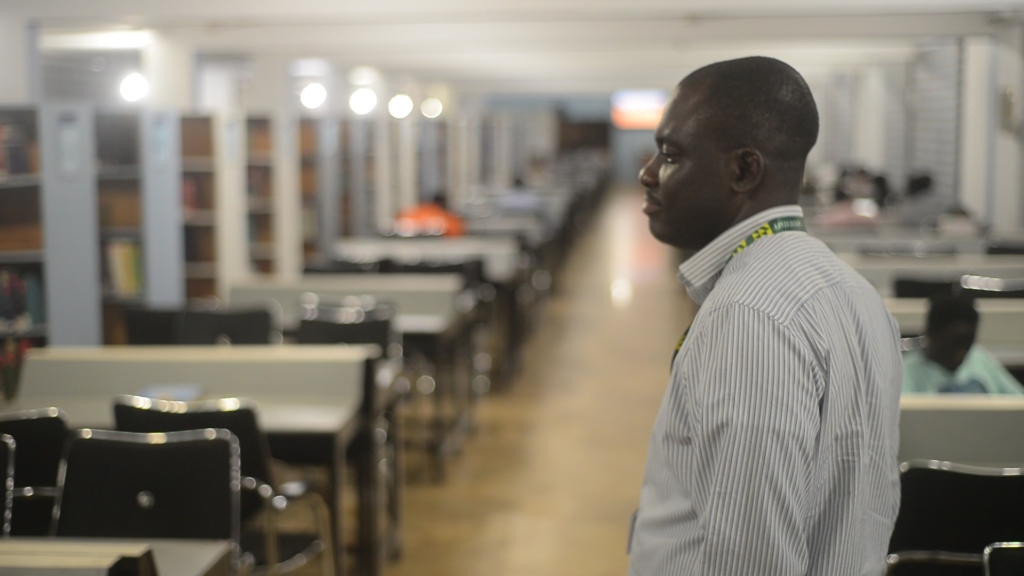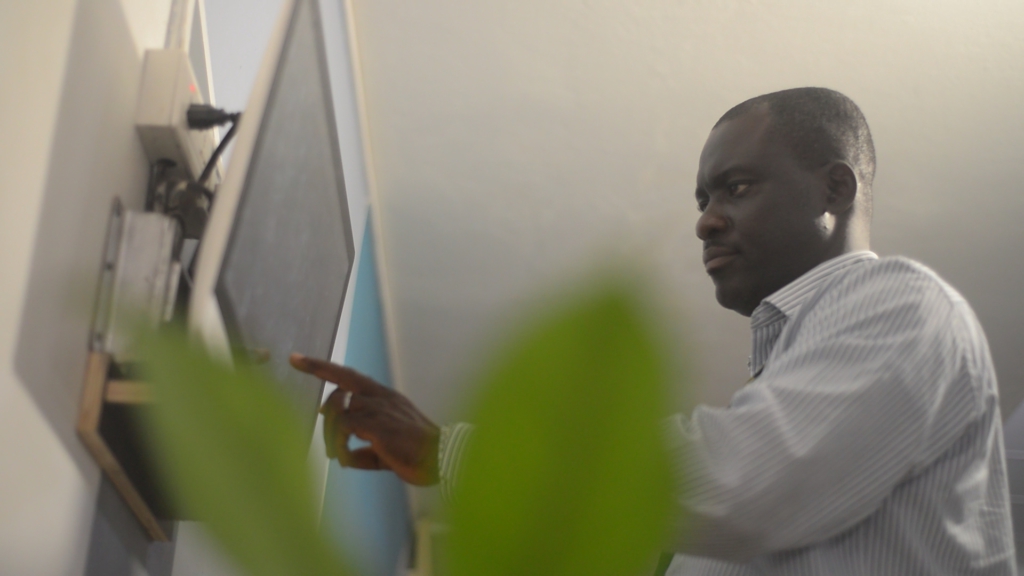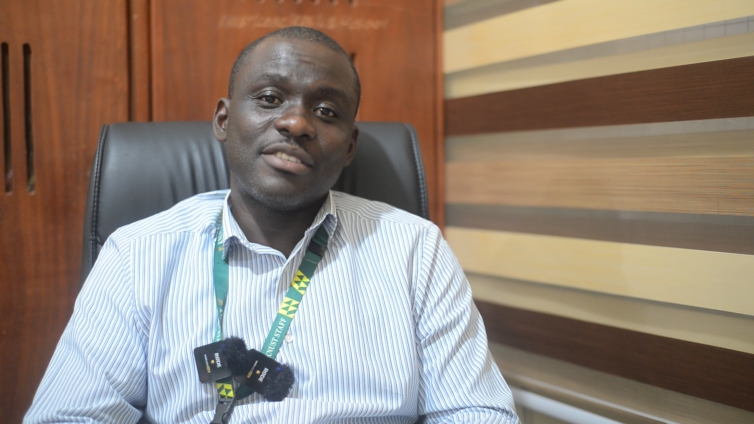They are known as the keepers of knowledge, aiding knowledge seekers to access what they need to learn and importantly, create.
However, most of us are rarely aware they are deeply academic, also helping to produce knowledge.
For this reason, most of us don’t expect to see them in the academic rankings, but perhaps, we must start to, as two librarians would not let go.
One of them, Richard Bruce Lamptey of the Kwame Nkrumah University of Science and Technology is the librarian of the College of Science Library and Deputy Librarian in the KNUST librarian system.
He was ranked 159 in KNUST and 552 in the AD Scientific Index 2022 ranking for 1000 scientists in Ghana.
He is a member of the Ghana Science Association and recently won the best senior member administrative position in the College of Science.
He is known to support the scientists in their research endeavors, provide advanced training for both lecturers and students and supports raising awareness of library resources in KNUST. I.e (Systematic Literature Search, Avoiding predatory journal publishing, Digital Literacy, Plagiarism, Institutional Repositories, Open Access and Open Science).

Richard has supported national and institutional open access awareness raising and advocacy workshops that have resulted in a number of open access repositories in the country.
Bruce Lamptey is a member of the Governing Council of the Ghana Library Association, assisting in diverse ways to develop and reshape the cause of librarians and the library profession in Ghana. He is the Associate Editor of the Ghana Library Journal and a reviewer to several journals.
He is on the Management Board of SPARC Africa. SPARC (the Scholarly Publishing and Academic Resources Coalition) works to enable the open sharing of research outputs and educational materials in order to democratize access to knowledge, accelerate discovery, and increase the return on our investment in research and education in Africa.
Speaking to Joy News, Mr. Lamptey advised postgraduate students to explore other resources beyond google scholar.
“Most of them know Google or at best google scholar , but there are other databases like science direct, emerald, Wiley etc.,” which they can use to conduct their research,” he said.
He also advised librarians to explore technology to duly serve their users.
“Librarianship has moved away from sitting in the library and looking at books, to being knowledgeable about technology, AI, among others so you can serve your users effectively,” he pointed out.

Latest Stories
-
Bonwire residents reject Agya Koo’s endorsement of Ejisu NPP MP aspirant
7 mins -
SSNIT to run out of reserves due to deficits – ILO
12 mins -
Lagos officials eye Jospong Group’s eco-friendly waste management module
14 mins -
Photos: NDC outdoors Prof Naana Opoku-Agyemang as running mate
15 mins -
Tevez released from hospital after chest pains
15 mins -
EU expresses confidence in Ghana’s rejection of Anti-LGBTQI legislation
20 mins -
UK to improve access to life-saving malaria drugs for the most-affected countries
28 mins -
Newey to leave Red Bull over Horner allegations
33 mins -
Fifa announces deal with Saudi oil company Aramco
34 mins -
Free SHS: It takes time to review a policy – Tsiboe-Darko
38 mins -
Spanish prosecutors ask judge to scrap case against PM Pedro Sánchez’s wife
48 mins -
Kwabena Fori releases ‘Let Me Go’ ahead of ‘Tuesday’ EP
50 mins -
Story of a survivor championing patient-led approach to dealing with NCDs in Ghana
1 hour -
TGMA: I’m not surprised I wasn’t nominated – Celestine Donkor
1 hour -
Haiti’s PM Ariel Henry resigns as transitional council is sworn in
1 hour

